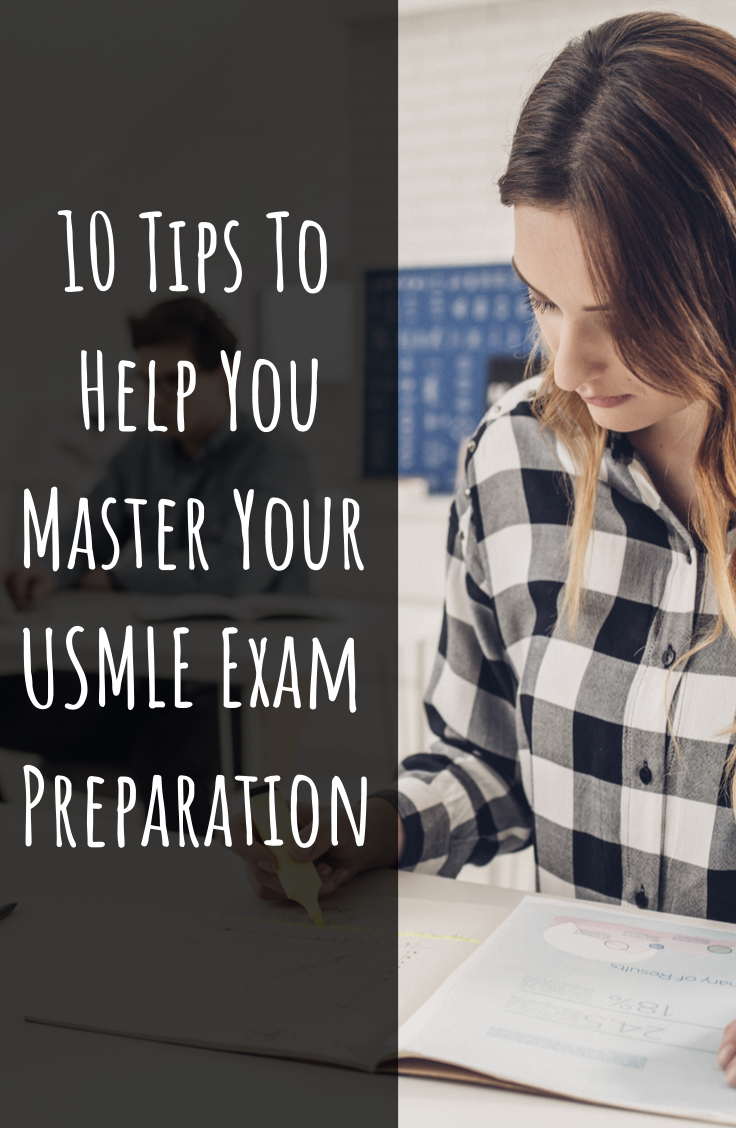10 Tips To Help You Master Your USMLE Exam Preparation
If you’re getting ready to start your USMLE Step 1 prep, it’s important that you know what you’re doing. If you don’t, consider joining a USMLE Step 1 prep course.
Scoring exceptionally well on the USMLE exams is so vitally important these days because the competition is so fierce for residency positions.
There are now more applicants than there are available spots in US residency programs, so if you don’t do very well on your Step 1 exam you run the risk of not matching and never realizing your dreams of being a practicing physician.
I want to share with you a group of tips I was given by some of my mentors while going through medical school.

.
Tip #1 – Start Preparing Early
Ideally you should be in the USMLE-mindset on your first day of medical school, simply because the two years leading up to your Step 1 are meant to prepare you to ace the Step 1 exam. Thus, get your head in the game early and realize that everything you do is ultimately done to do well on your boards and land the residency position of your dreams.
.
Tip #2 – Do Practice Questions in Full Batches
You should do your practice questions in the same way you will experience them on the real exam. By practicing your questions in a way that is as close to the real exam as possible, you will put yourself into a position to maximize your efforts while working on the question bank.
.
Tip #3 – Keep a Workbook of Your Qbank Answers & Explanations
The qbank questions you do are invaluable to your learning experience, so be sure to take excellent notes on each and every question you encounter, as the information you are learning is very likely to come up at some point during your real exam.
.
Tip #4 – Use a Study Guide Alongside Your Class Work
We all know how important a good study guide is to our review, so do yourself a favor and use a study guide as early as possible so you can add notes to your study guide as you proceed through your classes. This ensures that you get more details for any high-yield information pointed out to you in the study guide.
.
Tip #5 – Do At Least 2 NBME Practice Exams
These exams are very close to the real exams, so you want to see where you stand and gauge whether or not you are ready to sit for the real USMLE exam. Aim to score a minimum of 500 on two consecutive NBME exams prior to sitting for your actual exam.
.
Tip #6 – Keep a Powerpoint Collection of Your Pathology Images
There are many pictures these days on the Step 1 exam, and most of them are related to pathology, so simply find an image when you are reading your path notes and add it to a powerpoint presentation on your computer. Do this early and by the time you are ready to study hard you’ll have a huge file ready to go. You can also head over to Google and find a variety of different images that you can use for your own personal study.
.
Tip #7 – Turn Physiology Into a Visual Course
A picture is worth a thousand words in physiology because the concepts may be simplified significantly by drawing out certain processes, graphs, etc. Learn physiology visually and you will find that you can understand much better and that the tough concepts are much easier to master.
.
Tip #8 – Rest at Least 10 Minutes Between Bouts of Studying
Taking a 10 minute rest in between study sessions gives your brain just enough time to refresh itself so your next session will be as good as the next.
.
Tip #9 – Take at Least 1 Day Off Per Week
You need to rest or you run a big risk of burning out, and you do not want to burn out close to your USMLE exams, as this will release too many stress hormones that will really hurt your memory, concentration, and ability to do as well as possible. Schedule rest time into your schedule and you will find that you can study longer and harder; this ultimately results in better study sessions and a higher score.
.
Tip #10 – Pay Attention To Your Own Nutrition.
Many students eat junk-food when in medical school, but your ability to learn and retain new information can be hurt if your diet is lacking in fruits, vegetables, and lean proteins. Pay attention to your diet and realize that the higher the quality of food you eat the better your brain and body will perform during your exam prep, and on exam day.
Are you getting ready to start your USMLE Step 1 Preparation? We can help simplify things and make your life easier with our Live Step 1 Preparation and Online Step 1 Preparation Courses.
